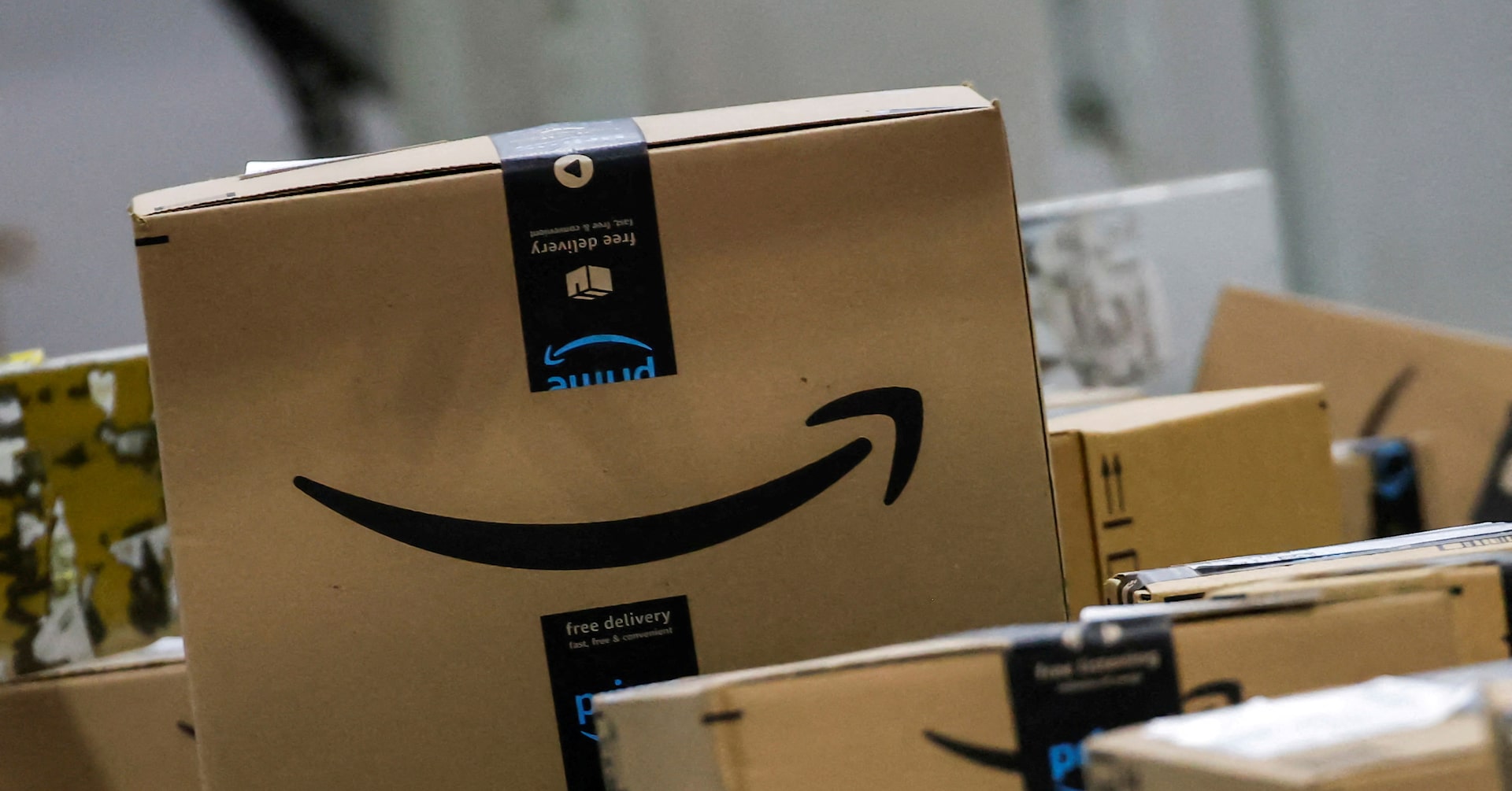Tariff Tango: Amazon Sellers Scramble to Stockpile Inventory Before Economic Storm

In a strategic move to address mounting investor anxieties, Amazon sought to mitigate concerns about the potential fallout from the Trump administration's tariffs on its thriving e-commerce ecosystem. However, the company finds itself in a precarious position, with increasingly limited options to support and retain small third-party sellers who are being squeezed by escalating trade levies.
The e-commerce giant is grappling with a challenging landscape where small merchants face significant financial pressure from punitive tariffs. Despite Amazon's reputation for innovation and adaptability, the company appears to be running out of creative solutions to shield its diverse seller network from the economic impact of trade tensions.
As the tariff landscape continues to evolve, Amazon must navigate a delicate balance between protecting its marketplace ecosystem and managing the broader economic challenges posed by international trade policies. The stakes are high, with the potential for widespread disruption to the platform's robust network of independent sellers.
